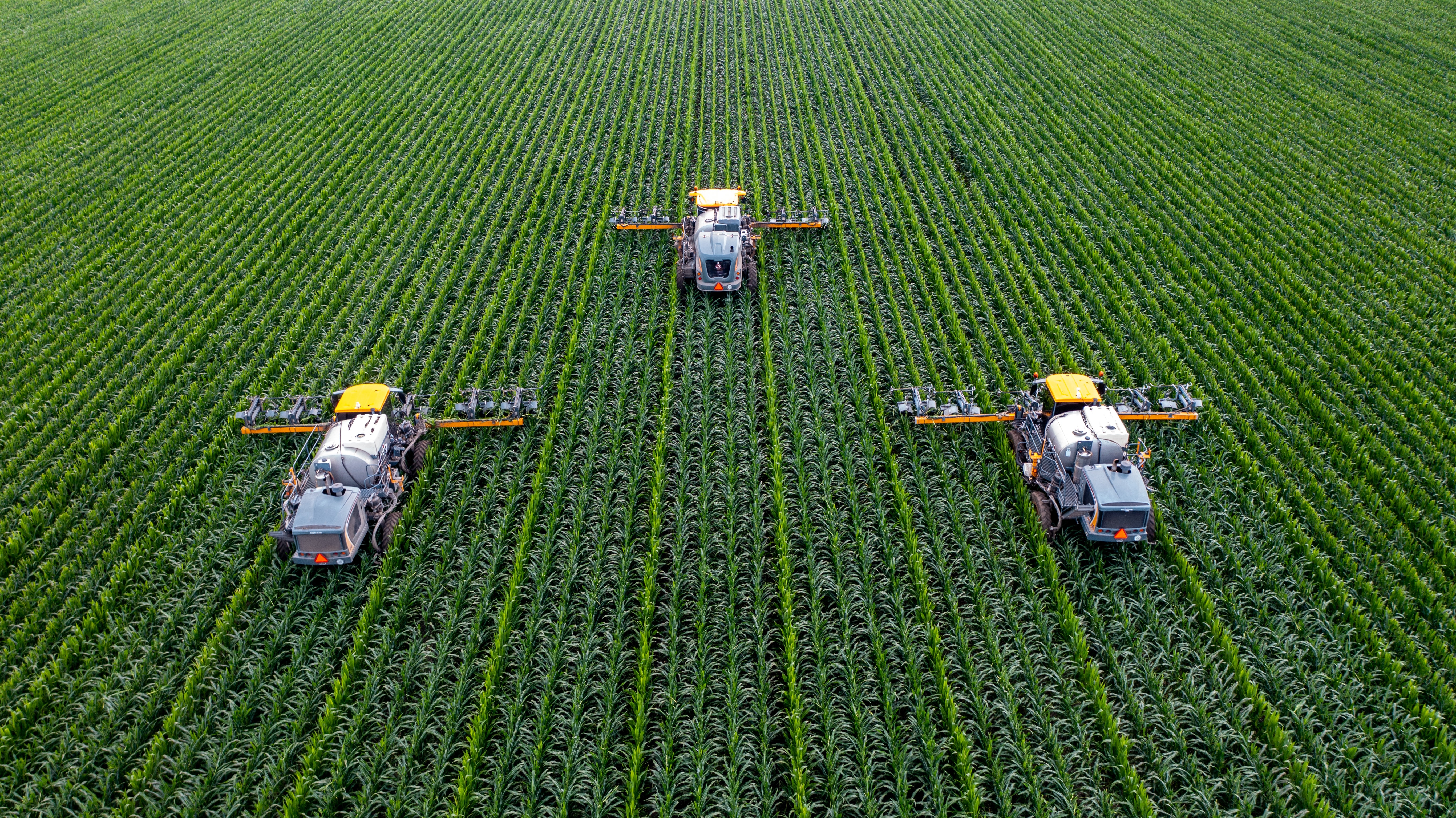With its vast data streams, the digital age is transforming industries, including the age-old agriculture sector. Precision farming, predictive analytics, and tailored solutions are now at farmers' fingertips, enabling more informed decisions. However, the rise of big data in agriculture raises a pressing question: Who controls this data, and what are the implications of such control?
The Promise of Big Data in Agriculture:
Integrating soil sensors, drones, and satellite imagery offers the potential for optimized crop yields, efficient water usage, and waste reduction. Yet, the proprietary nature of some technologies raises concerns about farmers becoming overly dependent on tech companies, possibly sidelining traditional agricultural wisdom. Data privacy, security, and ownership issues are also at the forefront.
Understanding Big Data:
Big data encompasses vast datasets too intricate for traditional computing techniques. It's not just about volume but also variety and velocity. Analyzing this data can unveil patterns, trends, and insights about human behavior.
Precision Agriculture's Role:
Modern farming has embraced big data, with precision agriculture as a shining example. Real-time insights from various sensors allow farmers to customize their interventions, leading to efficient resource use, waste minimization, and, often, enhanced crop yields.
Big Data's Significance in Modern Farming:
With the AgriTech industry valued at a staggering USD 1.4 billion in 2023, the importance of big data is undeniable. It provides a comprehensive view of the farm ecosystem, enabling informed decisions ranging from crop selection to pest infestation prediction. Moreover, big data's role in ensuring food security and sustainability is paramount as global food demand rises.
Control in the Age of Big Data:
Big data offers farmers unprecedented control, from managing vast lands to overseeing minute details. Real-time feedback loops, powered by various data collection tools, allow immediate adjustments to changing conditions, enhancing productivity and efficiency.
The Data Control Dilemma:
However, by offering advanced tools and platforms, certain companies often retain rights to the data generated. While farmers gain insights, the data often remains on company servers. This dynamic raises concerns about data ownership, privacy, and potential monopolization of agricultural insights.
For instance, a recent policy change in China allows the PRC government to access company-gathered data if necessary, adding another layer of complexity.
Looking Ahead:
The future of agriculture in the digital age is both promising and challenging. While big data offers efficiency and sustainability, it also concerns data control and privacy. The increasing dominance of tech companies in agriculture underscores the need for robust international regulations and transparent data practices to realize the benefits of big data without compromising farmers' rights and privacy.
Stay informed with the latest in AgriTech and data trends. Follow us on Google News for more updates.


